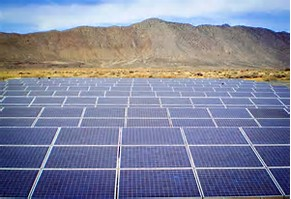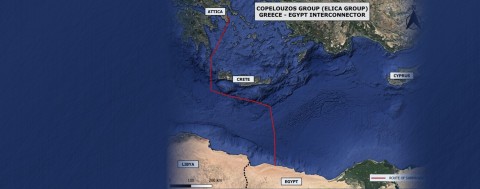General Petroleum Corporation is facing a difficult financial position as this fiscal year draws to an end.
Al-Bourse newspaper learned that the Minister of Petroleum appealed to the Council of Ministers to save EGPC from its financial troubles, represented as they are by a high ceiling of the debt, in addition to its inability to collect its dues from government agencies.
The minister said in a statement to the Council of Ministers that EGPC’s position has become critical in light of the non-payment of dues owed it by most sectors, in addition to the decline of its foreign exchange resources with the fall in exports and after all natural gas and petroleum production was directed to the domestic market.
According to an EGPC financial report, EGPC has practically lost its ability to borrow with debt reaching EGP101 bn in April, an increase of EGP 52 bn pounds in 10 months only.
This leap in debt is ascribed to the deal with the UAE company ADNOC to cover Egypt’s petroleum needs, a contract that ends this month. With this outlying debt EGPC will face a formidable task in providing for the country’s needs
As for the dues owed to EGPC, they amount to EGP 95.5 bn, the bulk of which come from the ministries of electricity and finance. These debts rose by 13.2% in the first ten months of the current fiscal year. The Ministry of Electricity owed EGP 46.9 bn by April, compared to EGP39.5 in June 2014, while the Ministry of Finance owes EGP 36.2 bn. This resulted from different prices charged for petroleum products consumed by the electricity sector.
EGP 83 bn was owed in total by the two ministries in April, while Egypt Air debt reached EGP 5.7 bn compared to five bn in June 2014. The Ministry of Transport and the railway authority owed EGP 1.9 bn. The remaining government agencies owe EGP 4.8 bn.
According to data obtained by Al-Bourse, EGPC has allocated the total revenue from exports of crude and naphtha, until 2021, to repay its debts to ADNOC, and to local and foreign banks.
The Ministry of Petroleum made proposals to the Council of Ministers to rescue the situation during the summer and during the month of Ramadan, including resolving financial entanglements urgently and repaying a large part of the amounts due EGPC the Commission in order to settle part of its own debts to banks, so that EGPC can start borrowing again.
Other measures include the Ministry of Finance transfer the monthly installment of the subsidies provided for petroleum products for electricity during the next fiscal year, without any breaks, in addition to demanding that the remaining government sectors pay the total value of their monthly dues as of July. Coordination with the Finance ministry was also a must in order for EGPC to be able to provide for the fuel needs of the government sectors and power generation.
The ministry also wanted a possible $ 330 million loan from the central bank during the current month to be looked into. It estimated that its monthly requirements from the Central Bank during the first quarter of the next fiscal year to be $800 million dollars, before falling to $ 650 million a month the rest of the year, in light of the agreement with ADNOC that terminates at the end of this month.
The Ministry of Petroleum also asked for government support with requests to Saudi Arabia, the UAE and Kuwait to provide for the petroleum products needed for a period of 6 months, through a commercial agreement between the parties. That is on condition that there be a grace period of two years, after which debt payments begin on a 24 monthly basis.
Source: Al-Boursa












